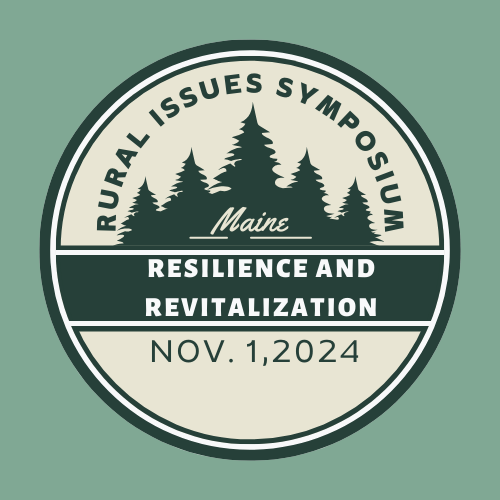Files
Download Full Text (1.9 MB)
Description
The Maine Climate Council is currently developing updated recommendations for the Maine Climate Plan. To inform their recommendations, the council sought input and expanded engagement with priority populations across the state regarding needs, interests and concerns related to climate change. This project was conducted under contract with the Senator George J. Mitchell Center for Sustainability Solutions and focused on engaging with rural Maine residents, particularly those experiencing poverty, aging in place, participating in municipal government, or operating small businesses. We used a mixed-methods approach, beginning with three online and paper surveys, one for municipal officials, one for business owners, and one for the general public. We conducted five follow-up focus group interviews with consenting survey respondents, one for municipal officials and four with low-income residents, older adults, and others. Most participants resided in Washington County. Results indicate widespread interest in energy efficiency and electrification options, but participants faced barriers to implementation due to cost and grid unreliability. Housing and heating insecurity were major problems facing participants. Many lived in inefficient or unsafe housing with minimal access to government assistance. Many participants said they were concerned that rural parts of Maine would experience undue burdens and insufficient benefits arising from the Maine Climate Plan, particularly with increased land conservation affecting local property taxes and energy-related programs that may be inaccessible or impractical for rural people. Some participants expressed doubts about the reality or severity of climate change. Others sought support for more effective communication about climate-related issues in their communities.
Publication Date
10-28-2024
Recommended Citation
Johnson, Tora and Hachey, Brooke, "Challenges and Opportunities for Climate Action in Rural Maine" (2024). Rural Issues Symposium. 82.
https://digitalcommons.library.umaine.edu/rural_issues/82



